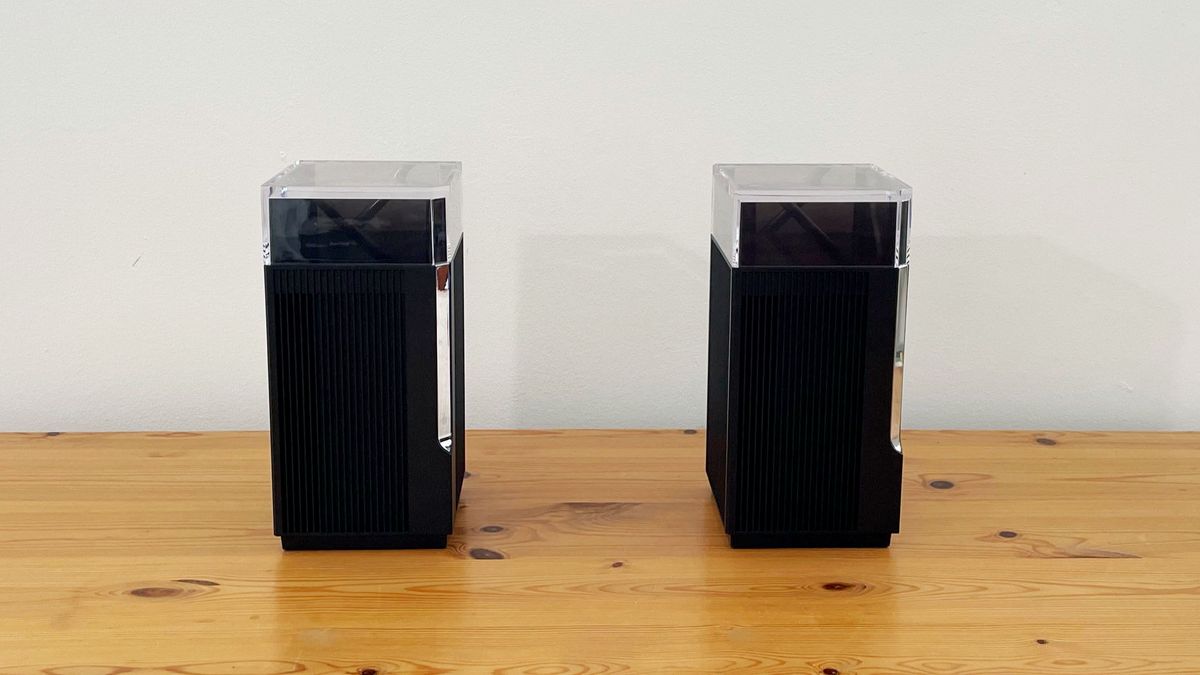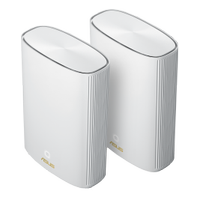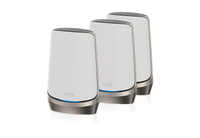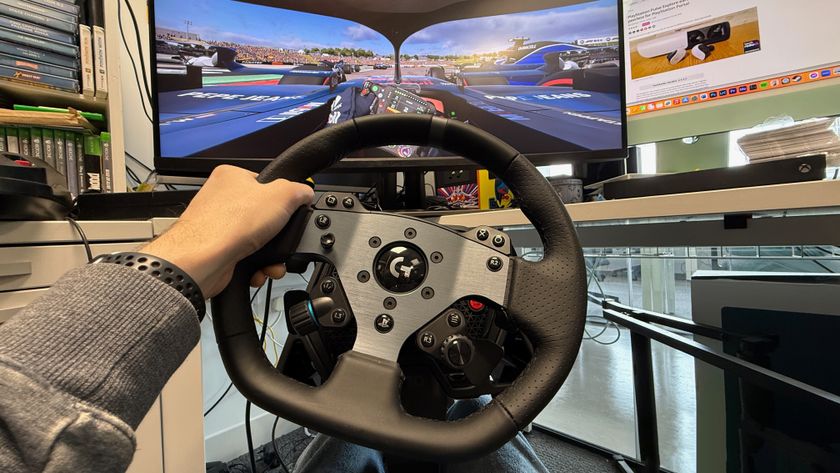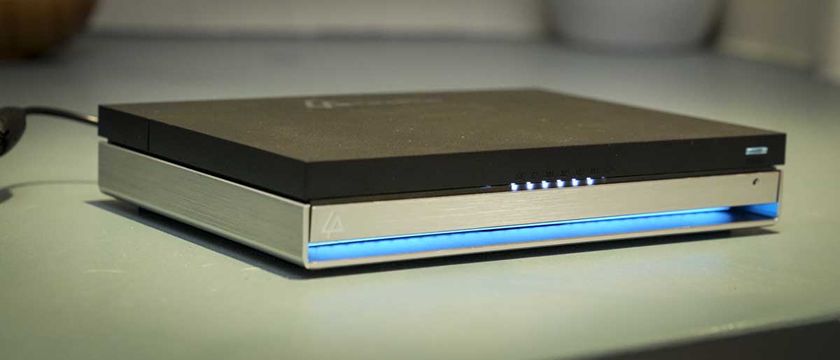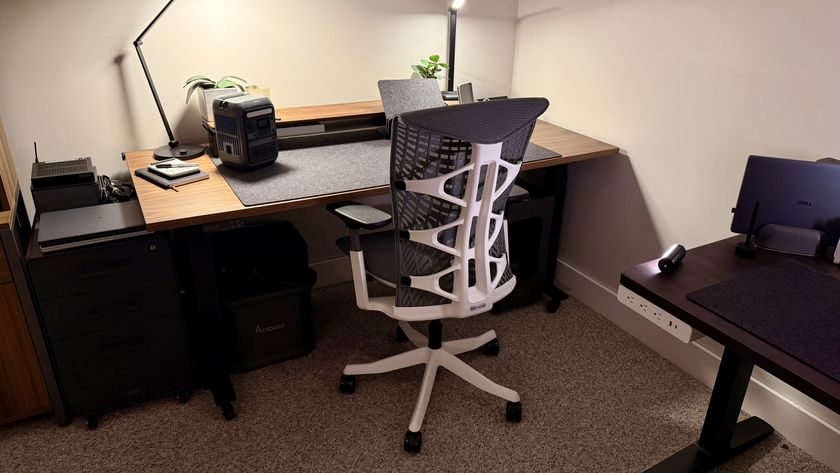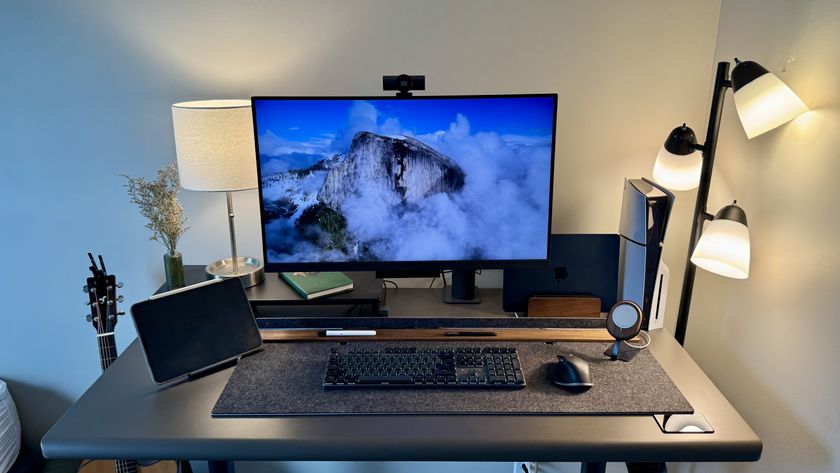TechRadar Verdict
It’s very expensive, and massive overkill for most homes, but larger homes and public buildings will benefit from the performance and range of the ET12’s mesh Wi-Fi.
Pros
- +
Top-of-the-range Wi-Fi performance
- +
Great for larger homes and offices
Cons
- -
Expensive
- -
Overkill for most users
Why you can trust TechRadar
Asus ZenWiFi Pro ET12: One-minute review
The Asus ZenWiFi Pro ET12 isn't going to be for everyone. Most of us have barely started to get our heads around Wi-Fi 6. However, it's still worth considering as we’re already starting to see a steady flow of new routers and mesh Wi-Fi systems that have adopted the latest Wi-Fi 6E standard.
It’s tempting to overlook these new routers - especially given their current high prices - but with new products such as the forthcoming iPhone 14 expected to adopt Wi-Fi 6E before the end of this year, it’s clear that 6E will be a mainstream Wi-Fi technology within just a few months.
Mind you, even if you’re an eager early adopter, a high-end mesh system such as the ZenWiFi Pro ET12 may still be what the Sisters Of Mercy once referred to as ‘a slight case of overbombing’. As well as supporting tri-band Wi-Fi 6E, the ET12 provides a top speed of 11Gbps - or 10.756Gbps, to be precise, but router manufacturers always like to round things up - while the two-pack mesh system that we review here is capable of covering areas of up to 6,000 sq. ft.
That means that it’s very much designed for larger homes with half a dozen or more bedrooms, as well as businesses that may have large offices or public venues such as hotels or restaurants that need good Wi-Fi.
Asus ZenWiFi Pro ET12: Price and availability
- How much does it cost? $479 /£399 for a single unit
- Where is it available? Available now
- Where can you get it? Available in the US, the UK, and Australia
Wi-Fi: tri-band Wi-Fi 6E (2.4GHz/5.0GHz/6.0GHz)
Wi-Fi Speed: 11.0Gbps
Connectivity: 1x 2.5 Gigabit Ethernet (WAN), 1x 2.5 Gigabit Ethernet (LAN), 2x Gigabit Ethernet LAN Processor: 1.2GHz quad-core
Processor: Broadcom, quad-core 2.0GHz
Memory: 1GB
Storage: 256MB Flash
Dimensions (per router): 240 x 115 x 115mm
Weight (per router): 0.75kg
State-of-the-art Wi-Fi 6E mesh networking doesn’t come cheap, and the ZenWifi Pro ET12 is one of the most expensive mesh systems we’ve ever seen. But, somewhat oddly for a mesh Wi-Fi system, you can only buy the ET12 as a single unit from Asus’ website.
A single ET12 router costs $479 from Asus in the US and should be able to cover an area of up to 3,000 sq. ft, so a single router on its own should certainly be suitable for most small and medium-sized homes. If you need more extensive Wi-Fi coverage for larger homes or buildings then you’ll have to search around online to buy a 2-pack from third-party retailers for around $900.
That option doesn’t seem to be available in the UK, with the ET12 currently only being sold as a single unit for £399. However, the ET12 hasn’t yet reached Australia at all, with only the older XT12 model - which supports plain old Wi-Fi 6 - available as a two-pack for AU$1300.
- Value: 3.5 / 5
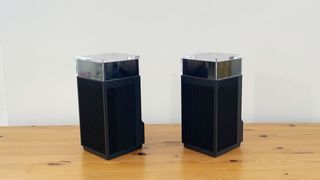
Asus ZenWiFi Pro ET12: Design and features
- Big and bulky
- High-end Wi-Fi 6 performance
- Wide-range Wi-Fi coverage
Most routers fall firmly into the ‘boring black box’ category, but while the ET12 mesh routers are still black - they’re certainly not boring. The two routers stand 240mm high, and 155mm wide and deep, with the upper section of each router consisting of a shiny, clear perspex section that houses the router’s eight antennae, along with some colour-changing status lights. Each router also has a separate power supply unit and cable, so you’ll need a fair bit of room to set everything up.
As mentioned, the ET12 supports tri-band Wi-Fi 6E with a top speed of 11Gbps, but it also provides top-of-the-range wired connectivity as well, with a pair of 2.5 Gigabit Ethernet ports - one for your broadband connection, and one for connecting a device, such as a gaming laptop or console that needs a fast, lag-free connection. There are also two additional Gigabit Ethernet ports for wired connections as well. It’s odd, though, that these expensive routers don’t also include at least one USB port for attaching a network storage device or printer.
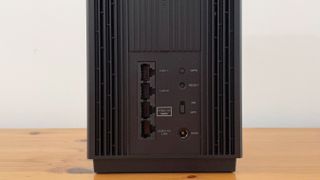
Getting started is a little daunting - and not helped by the fact that Asus’ Quickstart guide is cunningly hidden in a secret panel at the bottom of the box. The guide also assumes that you already understand terms such as ‘AiMesh router’ - when, in fact, AiMesh is a proprietary Asus technology that few people will have heard of.
Thankfully, the Asus Router app steps in here and prompts you to turn on Bluetooth on your iOS or Android mobile device. This allows the app to connect to the two routers and helps you set up your new mesh network.
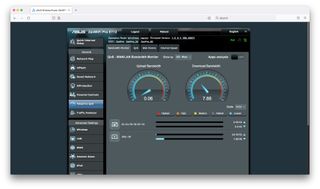
But, as we’ve seen before with Asus routers, the new network is initially unprotected so you need to keep going to add your security password as quickly as possible. This is where things get a little more complicated, as the ET12 can transmit a Wi-Fi signal on three separate frequencies - 2.4GHz, 5.0GHz, and 6.0GHz. The Router app leaves it up to you to decide if you want three separate networks on these frequencies, or whether to combine the 2.4GHz and 5.0GHz bands into a single network, for use with devices that only support Wi-Fi 5 or Wi-Fi 6.
Newcomers who haven’t used a mesh Wi-Fi system before could get a little confused here, so the Asus app and manual could provide a little more step-by-step guidance for people who aren’t network experts. The rest of the app is pretty straightforward, though, providing features such as ‘quality of service’ (QoS) to prioritise tasks such as gaming or streaming video, and good parental controls with filters to block material that is unsuitable for children.
The price of the routers also includes Asus’ AiProtection Pro security features that can monitor your network to prevent attacks from malicious websites or downloaded files.
- Design: 4 / 5
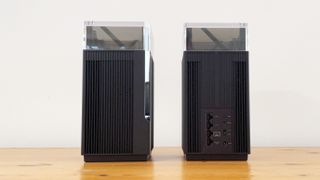
Asus ZenWiFi Pro ET12: Performance
- Top-of-the-range Wi-Fi performance
- 2.5 Gigabit Ethernet WAN/LAN
- Extensive Wi-Fi coverage
Ookla Speed Test - 2.4GHz
Within 5ft, no obstructions: 100Mbps/11Mbps
Within 30ft, three partition walls: 100Mbps/11Mbps
20GB Steam Download - 2.4GHz
Within 5ft, no obstructions: 12.5MB/s
Within 30ft, three partition walls: 12.5MB/s
Ookla Speed Test - 5.0GHz
Within 5ft, no obstructions: 100Mbps/11Mbps
Within 30ft, three partition walls: 100Mbps/11Mbps
20GB Steam Download - 5.0GHz
Within 5ft, no obstructions: 12.5MB/s
Within 30ft, three partition walls: 12.5MB/s
The Wi-Fi 6E performance of the ET12 is more than adequate for most small and medium-sized homes. In fact, it’s probably overkill for most domestic broadband services unless you’re lucky enough to have a super-fast fibre connection.
We connected the first ET12 unit to our normal broadband router and then placed the second ET12 in a hallway close to a back office in our building where poor Wi-Fi has always forced us to rely on PowerLine adaptors to provide a more reliable wired connection.
As we’d expected, devices close to the first ET12 simply recorded speeds of 100Mbps with the Ookla speed test, and 12.5MB/s for Steam downloads, which are the maximum speeds provided by our office broadband service. However, the second ET12 allowed us to maintain those maximum speeds, even in the hard-to-reach back office, and even when using the slowest 2.4GHz band, eliminating our Wi-Fi dead spot with no trouble at all.
Of course, not everyone will need that sort of speed or wide coverage for their home broadband, but if you have a larger home or office that needs the fastest possible Wi-Fi then the ET12 is hard to beat.
- Performance: 5 / 5
Should I buy the Asus ZenWiFi Pro ET12?
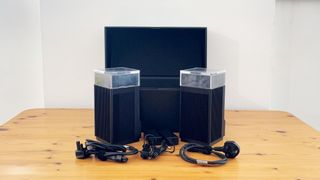
Buy it if...
You’re an early adopter
If you’ve got your eye on a new smartphone or laptop that supports Wi-Fi 6E then it makes sense to opt for a future-proof router or mesh system that also supports this new Wi-Fi standard.
You have a lot of bedrooms
A single ET1 router can cover homes of up to 3,000 sq. ft, while this 2-piece system covers 6,000 sq. ft. It’s also a good option for business users who want far-reaching Wi-Fi for their offices or public venues.
You’re a network guru
The Asus app is easy to use, but the ET12 also provides a web browser interface that allows more experienced users to configure every aspect of their network.
Don't buy it if...
You just want faster Wi-Fi
Few people currently have computers or mobile devices that support the new Wi-Fi 6E standard, and you can get perfectly good Wi-Fi performance from existing Wi-Fi 6 routers.
You’re on a budget
The ET12 is seriously expensive. If you just need to boost the Wi-Fi in one or two rooms around your home, then an affordable range extender might be a better option.
Also consider
Asus ZenWiFi AX Hybrid
Its WiFi 6 performance is more modest, but this Hybrid mesh system also includes PowerLine connectivity that allows it to bypass thick walls and other obstacles.
Read our full Asus ZenWiFi AX Hybrid review
Netgear Orbi WiFi 6E
Netgear got there first, introducing Wi-Fi 6E to its Orbi mesh systems, and this top-of-the-range three-piece can cover huge homes and offices up to 9,000 sq. ft in size.
Read our full Netgear Orbi WiFi 6E review
Motorola MH7603
The MH7603 is an entry-level mesh system, with a top speed of 1.8Gbps, but it’s competitively priced, easy to use, and still fast enough for most home broadband services.
Read our full Motorola MH7603 review
Asus ZenWiFi Pro ET12: Report card
| Value | It’s seriously expensive and best suited to very large homes or public buildings that need wide-ranging Wi-Fi. | 3.5 / 5 |
| Design | Asus could provide more help for beginners, but the ET12 stands out with its high-speed Wi-Fi and wired connectivity. | 4 / 5 |
| Performance | Its Wi-Fi 6E support provides top-of-the-range speed, along with the new 6.0GHz frequency for the latest smartphones and PCs. | 5 / 5 |
| Total | The Asus ZenWiFi Pro ET12 is great larger homes and public buildings that benefit from the performance and range of this mesh Wi-Fi. | 4 / 5 |
- First reviewed July 2022
How we test
We pride ourselves on our independence and our rigorous review-testing process, offering up long-term attention to the products we review and making sure our reviews are updated and maintained - regardless of when a device was released, if you can still buy it, it's on our radar.
Cliff Joseph is a former Editor of MacUser magazine, and a freelance technology writer with 30 year’s experience in the industry (and old enough to remember when Apple was close to going bust…).
His first job involved using Macs for magazine sub-editing and typesetting, which led to the realisation that these computer-thingies might actually turn out to be useful after all. After a few years specialising in the Mac side of the market, he went freelance and embraced the wide world of digital technology, including Windows PCs, digital audio and hi-fi, and networking. Somewhere along the line he also developed a bit of a gaming habit and has stubbornly waved the flag for Mac gaming for far too many years.
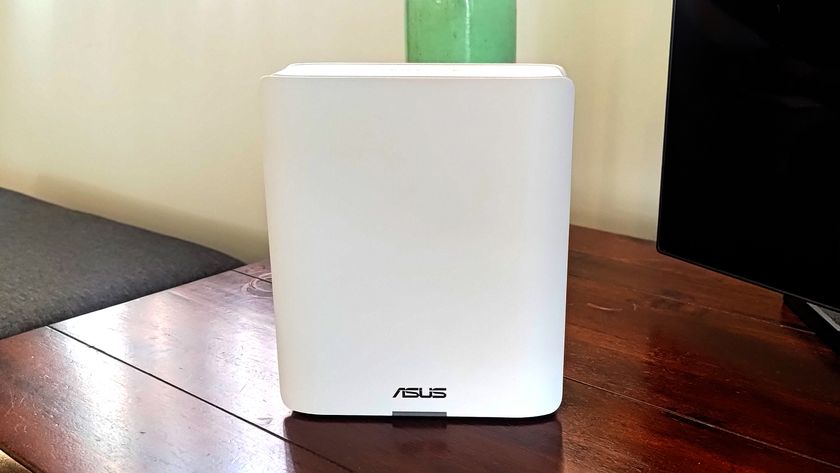
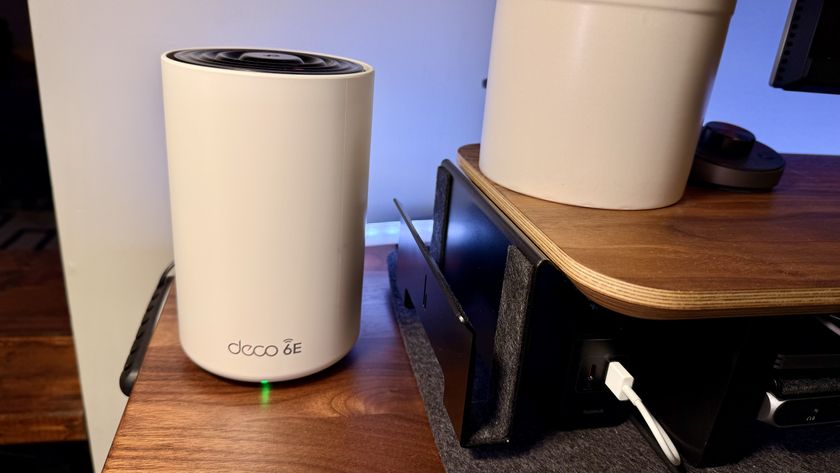
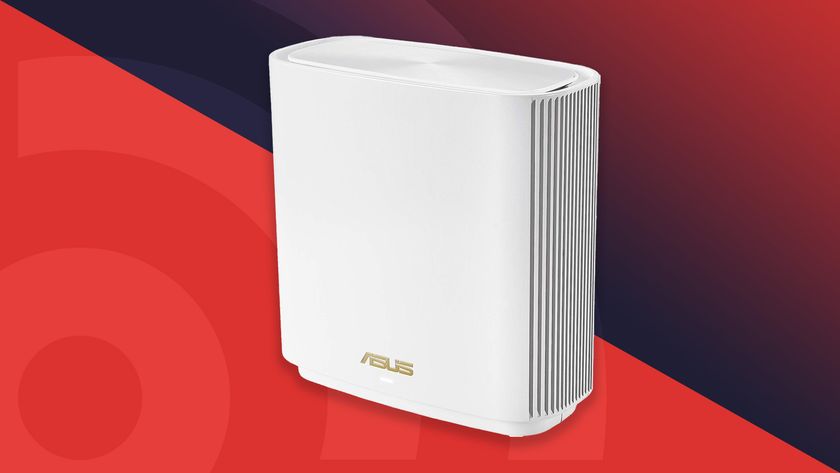
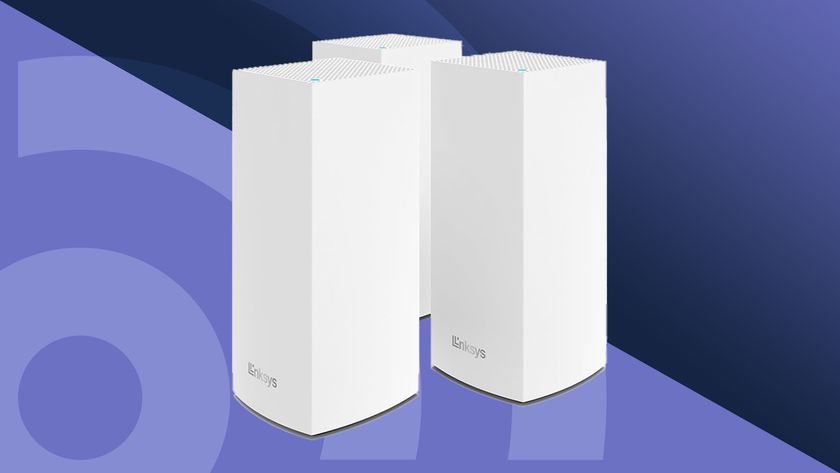
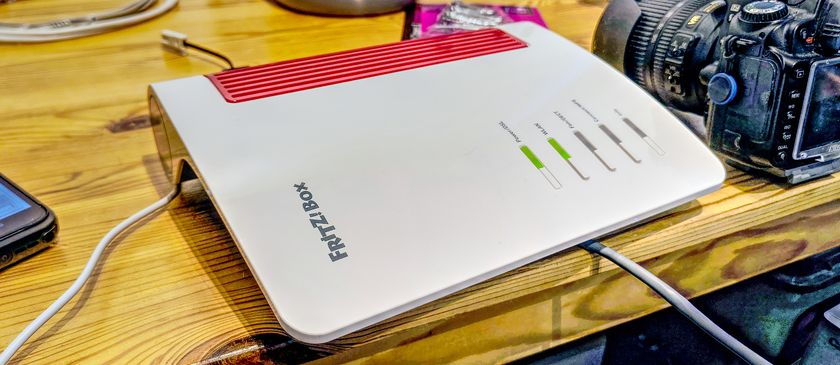
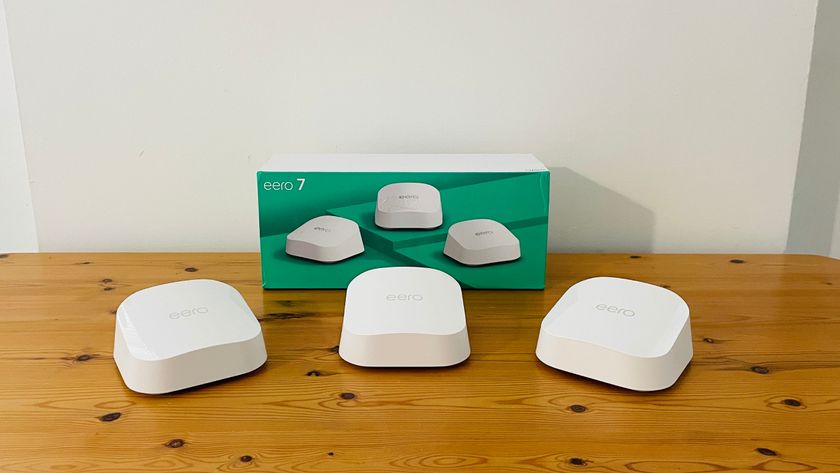







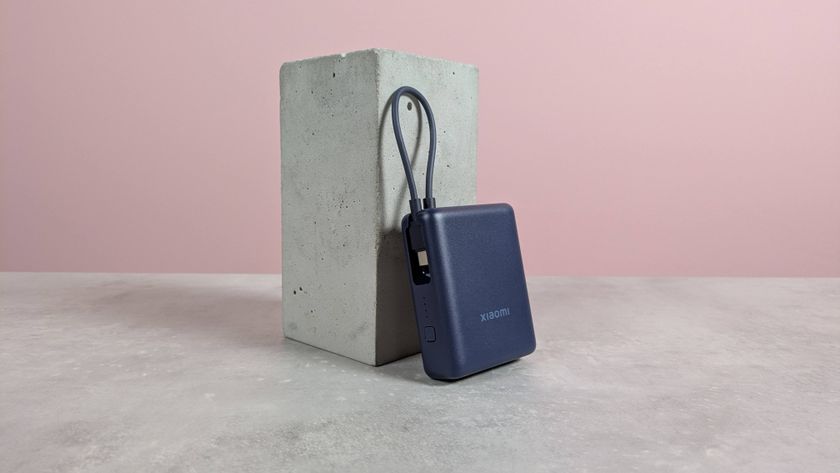


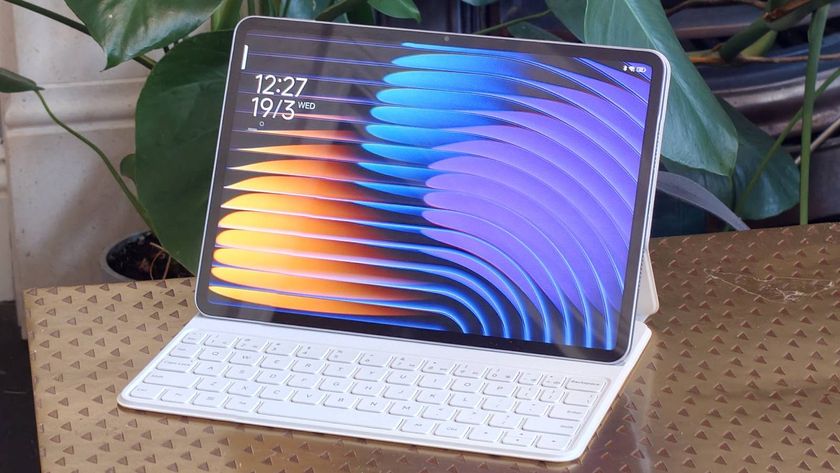
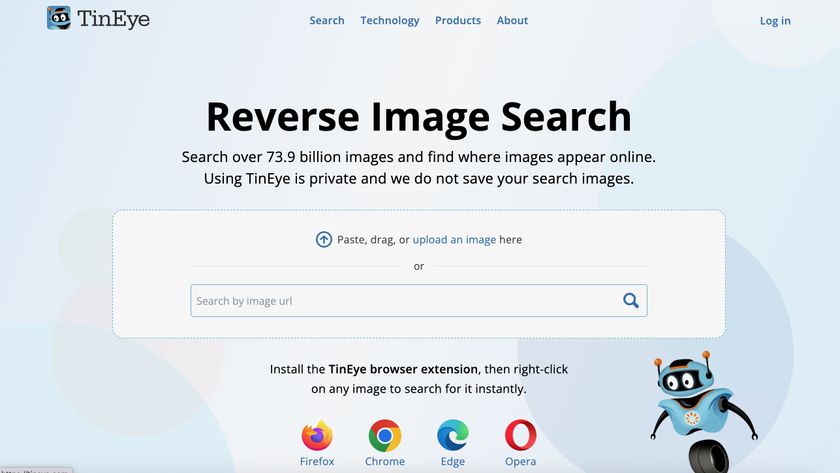
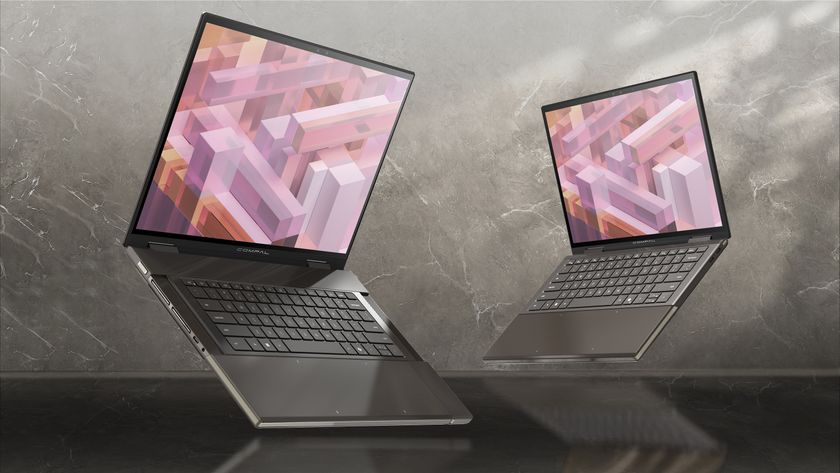
One of the largest laptop manufacturers releases concept pictures of Adapt X, a modular laptop in the same vein as Framework
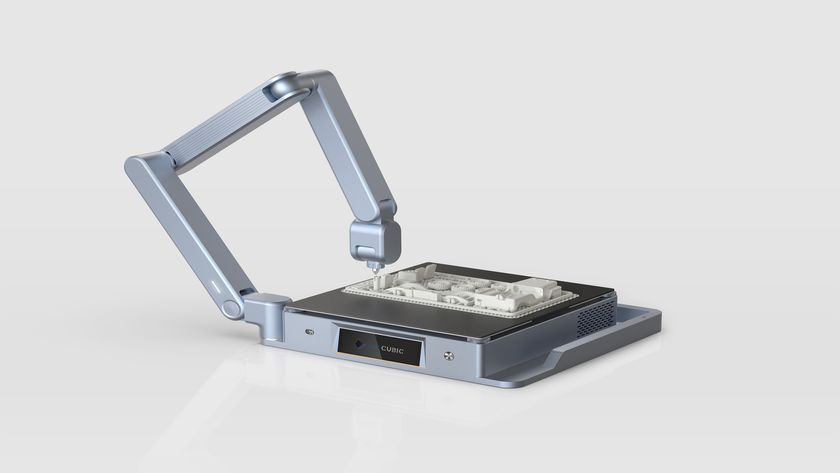
Anycubic may launch this gorgeous foldable portable 3D printer any day soon, and I can't wait to try it out

5 questions Severance season 3 needs to answer when the Apple TV+ hit returns
